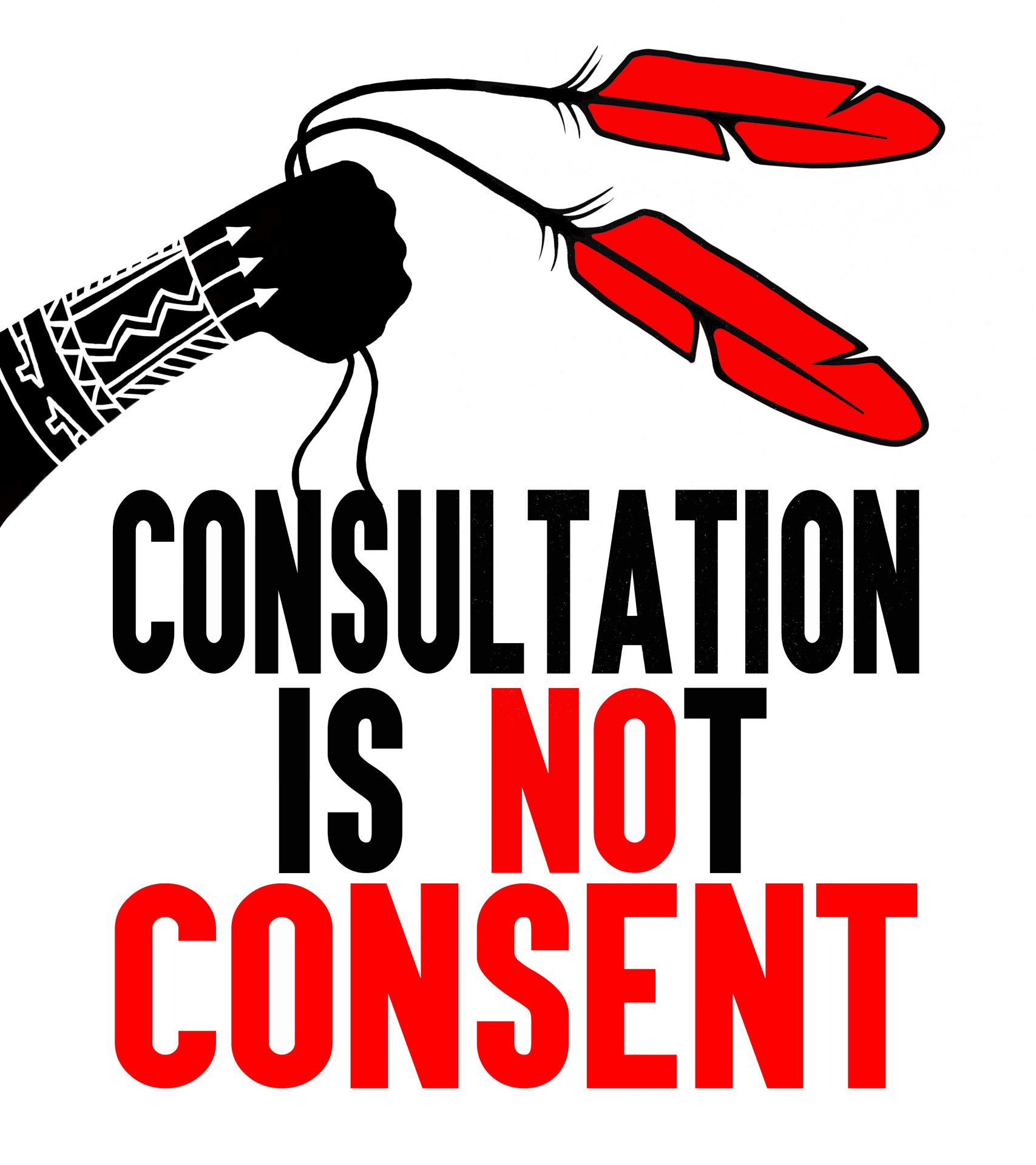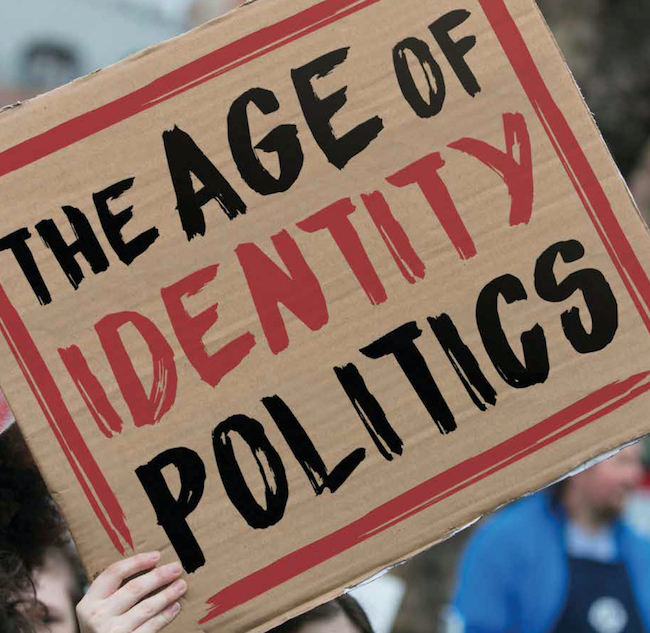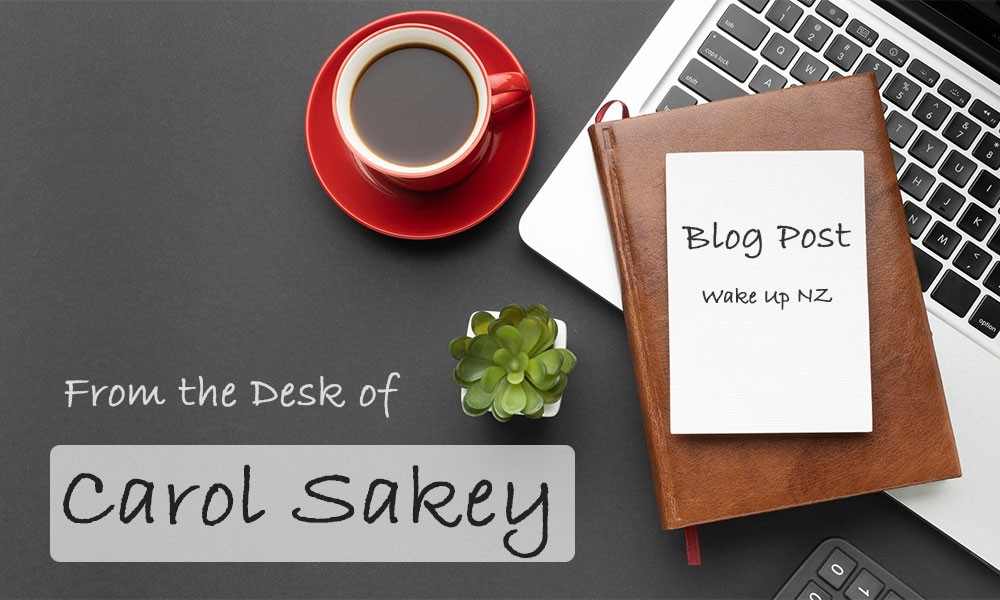
HATE SPEECH AND INDIGENOUS HAVE ONE THING IN COMMON ‘SELF-DETERMINATION’
HATE SPEECH AND INDIGENOUS HAVE ONE THING IN COMMON ‘Both are defined – described as by way of ‘Self-Determination’. A person or group that deem they are adversely effected or discriminated against by others ‘ the oppressor-victim mentality-. The so called receiver (Victim) self determining what is harmful to them or not. The United Nations (UN) states ‘Hate Speech’ refers to an offensive discourse targeting a group or an individual based on inherent characteristics eg Race, Religion, Gender. That may threaten social peace. A kind of communication speech, writing, behaviour that attacks, uses pejorative or discriminatory language that references a person or group on the basis of whom they are eg religion, ethnicity, nationality, race, colour, descent, gender or any other identity factor. The UN concludes ‘To-date there is NO Universal definition for Hate Speech under the UN International Human Rights Law.
The concept is still under much discussion in relation to ‘Freedom of opinion, expression’. Hate Speech is defined by ‘Self Determination’. Hate Speech – Mis and Disinformation Concludes there is no universally accepted definitions of Hate Speech- Min and Dis- Information. UN Entities eg UNESCO a specialized agency for universal education, science and culture(Education 2030) supports and undertakes research to better understand these dynamics.
In the 1960’s and 1970’s liberation movements were flourishing, increasing in New Zealand it was the Polynesian Panthers working with Nga Tamato rallying for Maori Rights. In the US it was Red Power the American Indian Movement and in Canada the Canadian Indian Brotherhood (President was George Manuel) . In Tanzania it was a radical activist from the Maasai Tribe by the name of Moringe ole Parkipuny who was a member of Tanzaia Parliament for a short time. It was Parkipuny who coined the phrase ‘Indigenous People’.
On August 3rd 1989 Parkipuny’s coined phrase Indigenous People further evolved when he spoke before a UN working group on Indigenous Populations in Geneva. However prior to this the phrase for identification of so called ‘Indigenous People’ was being implanted widely overseas by George Manuel of the Canadian Indian Brotherhood. Whom later went on to establish the Un World Indigenous People. 1971 Pierre Trudeau, Justin Trudeau’s father arranged with George Manuel and a Canadian delegation to visit to NZ. It was whilst Manuel was in NZ in met with certain Māori Politicians to seriously discuss the identification of ‘Indigenous People’ as a global agenda. Then Manuel and the Canadian delegation went onto visit a university in the Northern Territories of Australia where Manuel spoke with Aboriginal students about the ID of ‘Indigenous People’
In the Original Te Tiriti O Waitangi you will not find the words Principles, Partnership nor Indigenous. History of NZ of Tribal Feudalism has become romanticized . Even the Whanganui River has gained ‘personhood’ and become romanticized as have certain other rivers in the world. Language has been post modernized such as gender pronouns. Critical Race Theory, a Universal language. UNESCO-WEF Education 2030. Global Goals to leave no-one behind, everyone, everywhere at every age (From the Cradle(Birth) to the Grave).
INDIGENOUS PEOPLE: One ‘Self Determines’ whether one wants to be described as Indigenous or not by way of ‘Self-Determination’.
HATE SPEECH: One determines whether what they see, hear, the way some-one behaves is hateful or not (By way of Self-Determination)
INDIGENOUS: The post modernization of an old Latin word. (meaning ‘in’ or ‘within’) or beget- to be born.
The UNDRIP UN Declaration for the Rights of Indigenous People ‘Self Identification is the fundamental criteria’. Many groups who identify as Indigenous do not claim to be first peoples and many of those who even came first do not claim to be indigenous.
NOTE: The IPETCA Partnership Council (Indigenous Peoples Economic & Trade Cooperation Arrangement) NZ Govt . Concluded in December 2021, the IPETCA brings together Australian, Canadian, Chinese-Taipei and New Zealand Indigenous peoples. A key feature of the IPETCA is the establishment of the IPETCA Partnership Council which consist of officials and Indigenous representatives that will jointly oversee and implement the IPETCA. (Endorsed by participating economies). NZ chairing the Partnership, Minister of Foreign Affairs and Associate Minister for Māori Development Nanaia Mahuta and Minister of Trade and Export Growth Damien O’Connor announced the conclusion of the IPETCA initiative on 10 December, and invited economies to declare their intention to join.
Researched By Carol Sakey
WakeUpNZ
LINKS
https://www.un.org/sites/un2.un.org/files/notohate_fact_sheets_en.pdf
https://www.un.org/en/hate-speech/understanding-hate-speech/what-is-hate-speech#:~:text=To%20provide%20a%20unified%20framework,person%20or%20a%20group%20on
Many groups who identify as Indigenous don’t claim to be first peoples; many who did come first don’t claim to be Indigenous. Can the concept escape its colonial past? Feb 20th 2023 Manvir Singh Assistant Professor of Anthropology University of California
-
-
Tuesday - February 13, 2024 - INDIGENOUS COMMUNITIE
(13)





Leave a Comment